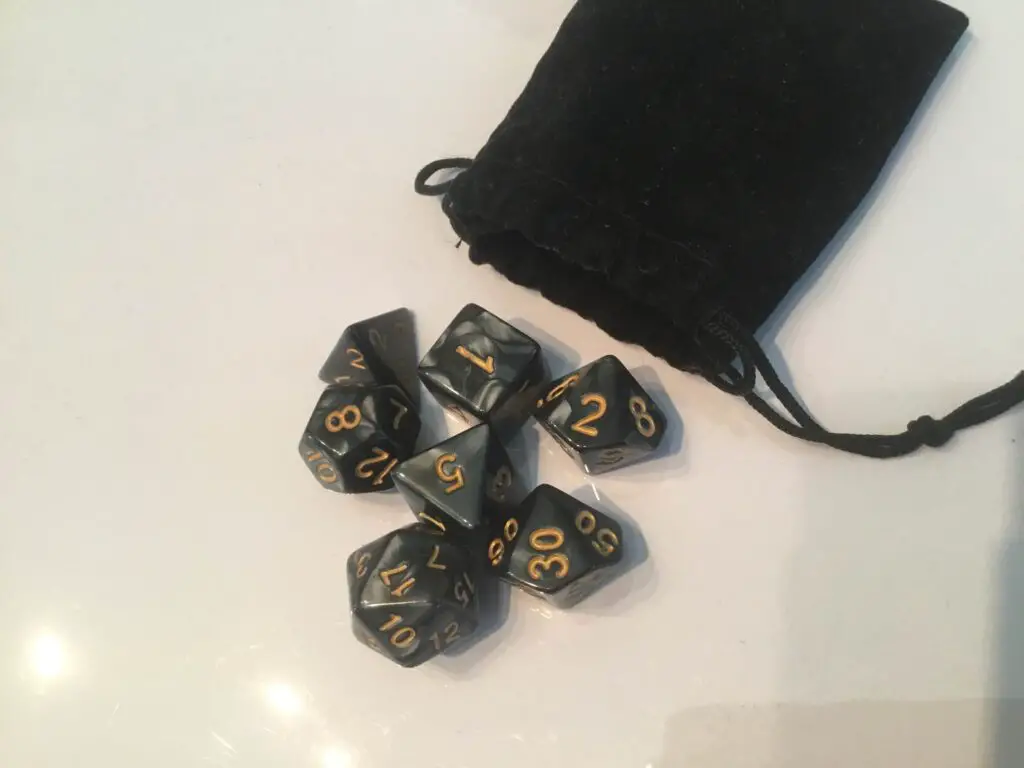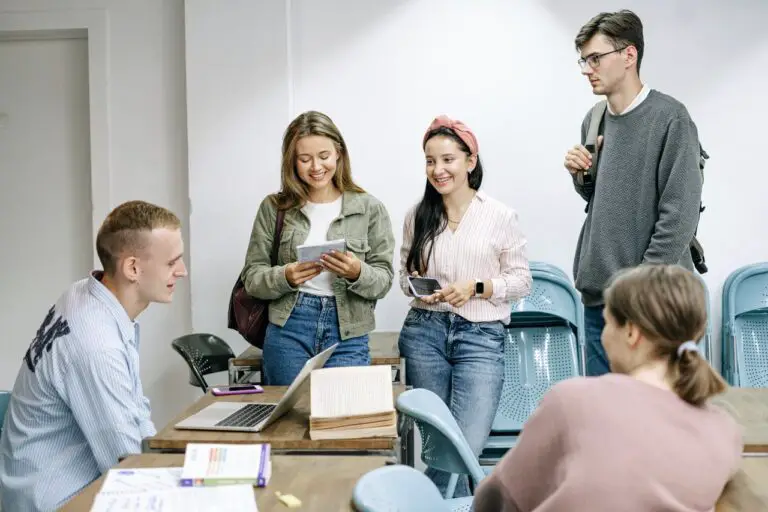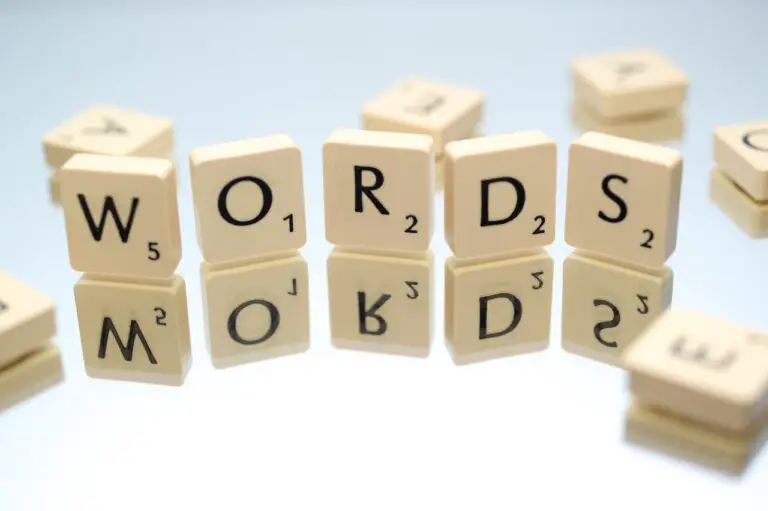Emotions. The deep and confusing world of inner-feelings is something most teachers avoid talking about. When we think of ways to improve EFL/ESL students’ vocabulary, it’s rare to see emotions even mentioned, let alone harnessed for learning. But by reading this, you’re going to unlock a powerful secret.

To embed vocabulary in EFL/ESL students’ minds using memorable moments, associate the word and its meaning with positive emotions in an unforgettable episode. Laughter, excitement, suspense and triumph are four key emotions. Use games, role plays and other engaging activities to produce lasting memories.
This is simpler than it sounds. Essentially, it boils down to doing fun activities in class rather than getting stuck in the mire of vocab lists and bookwork.
Using memorable moments is the sixth step of my Best Method to Improve EFL/ESL Students’ Vocabulary: 9 Steps which you should definitely read for the big picture.
How does creating memorable moments improve vocabulary?
Do you remember when you got your big exam results at the end of school? The best New Year’s party you ever had? Your first kiss?
The answer is probably “yes”. Now, do you remember the maths lesson when you learned place value and decimals? Or can you recall what you bought at the supermarket in January last year?
Me neither. The reason is, the first set of memories have immense emotional weight attached, while the maths class and shopping trip don’t.
Our brain stores and maintains information more actively when strong emotions come with it.
That’s the aim of this technique. We’re creating memorable moments (hopefully all of them positive) and associating them with vocabulary.
The teacher can naturally repeat the words in the moment. This fixes them firmly in the brain with a powerful connection, allowing faster recall.

You can’t use this technique with every word on a vocab list. It would come across as forced and false. Instead, it should happen organically and as a teacher, you can’t completely control which words end up connected to positive emotions.
And we don’t have to replicate those monumental milestones in our students’ lives – we’re just creating a lot of small, cherished episodes they’ll never forget.
Which emotions are best to make memorable moments?
We want our students to have a good time in class, so we should focus on positive emotions. When we create the memory, we need to ensure the word is attached to it, so, as a teacher, repeating the word a few times will create the initial connection.
Here are the four best feelings to target:
Laughter
A simple one. Make your students laugh, or take advantage of funny things to create humour. Don’t be afraid to clown around a little.
Be careful, though – avoid making fun of people if it makes them uncomfortable, and don’t mock when students make mistakes in their English.
Excitement
Doing fun things. It’s that easy – get some games going, and have students doing engaging activities where they can express themselves.
With kids, get them moving, or take them outside. With adults, break away from the mundane bookwork and provide some stimulating problems to solve together.
Suspense
Moments which have students begging to know what happens next, or nervous to learn the answer are great.
This can be during the lesson, when you build up to a big reveal, or you can leave cliffhangers at the end of your class so they simply can’t wait until the next lesson.
Don’t overuse this, though. If you do it in every class, it’ll lose its power quickly.
Triumph
Have your students win things. Ideally, you’ll have everyone in your class win together, and get that wonderful sense of shared accomplishment.

Collaboration works better than competition. Competition can lead to students getting upset, arguments over the rules, and bad vibes all round.
Skillfully use negative emotions with care
This is a risky strategy and requires you to know your students well.
Sometimes, creating a shared sense of sadness, anger or frustration can get your students rallying around and showing their determination to solve a problem or make things better.
It’s vital to reward them with positive moments afterwards. Sometimes their failure will be more memorable than the triumph, but too much failure will dishearten them. Or, failure can make the subsequent triumph so much more powerful.
Ideas for activities to create memorable moments
Now you know the emotions we want to target, you’ll understand worksheets and vocab lists aren’t going to create the moments we want. Instead, you have to bring some energy.
1. Games
Vocab games, speaking games, physical games, puzzle games… as long as your students are enjoying themselves, they’re feeling excited, and hopefully triumphant at the end. Games often provide moments of laughter, and some are full of suspense when victory is at stake.
For energetic games, check out my list: 9 High Energy EFL/ESL Games for Boosting Vocabulary. And don’t miss my other lists of games for beginner, intermediate and advanced learners.
2. Role plays
The best role play activities provide excitement and laughter. Unfortunately, most role play ideas on the internet are quite boring – people ordering food in a restaurant, asking for directions, etc.
Why not spice things up? Instead of ordering food, have a student find a spider in their salad! And instead of a tourist asking for directions, you could have a superhero racing to save the school from an alien attack, but doesn’t know how to get there and has to ask a citizen on the street and get the information before it’s too late!
To learn why I think role playing is a great EFL/ESL activity, read my article: Why All EFL/ESL Teachers Should Use Role Play Activities.
3. Role-playing games
When you combine the benefits of games with the fun of role playing, you get role-playing games.
What are these? They’re immersive, imagined stories in which players go on adventures together, solving mysteries, fighting bad guys, and forging their own destiny.
Think Dungeons & Dragons or other table-top RPGs.

I’ve used role-playing games in my private classes for years now, and I can safely say they’re the single best activity you can do with EFL/ESL learners.
For the purposes of creating memorable moments, they’re second to none.
Students are constantly laughing at the crazy things that happen, they’re excited to be on a wild adventure, there’s suspense as the story unfolds, and there’s shared triumph as they solve the puzzles and defeat their enemies!
What a feeling!
Designing your classes to naturally produce memorable moments is a rewarding experience. Your students love it, and it’s fun for you.

When they remember a word because they attached it to that crazy time in class a few months ago, you can all smile in the memory of that moment.
And not only will they learn more vocab, but they’ll improve their all-round English. Students learn best when they’re in a good mood.
As I mentioned earlier, this is just step 6 of 9 in my Best Method to Improve EFL/ESL Students’ Vocabulary. It’s also the last in the memorisation phase before we move on to retention in step 7: Supercharge EFL/ESL Vocab With Spaced Repetition (Anki)
For all the information you could ever possibly want on teaching EFL/ESL vocab, take a look at all my articles on the topic.
BIG OVERALL GUIDE: Best Method to Improve EFL/ESL Students’ Vocabulary: 9 Steps
Why EFL/ESL Students Forget Vocab: Causes and Solutions
How to Elicit Vocabulary in EFL/ESL: 7 Effective Activities
What Vocab Should You Teach in EFL/ESL: Organic acquisition
How to Use Images for Deep Vocab Memorisation in EFL/ESL
How to Use Gestures to Embed Vocab in EFL/ESL + 2 Games
How to Test EFL/ESL Vocabulary: Best assessment methods
Sounds and Audio Hooks for Lasting Memorisation in EFL/ESL
How to Teach Vocab in EFL/ESL with Memorable Moments
Supercharge EFL/ESL Vocab With Spaced Repetition (Anki)
How to Make Vocab Last Forever: Reinforcing connections
9 High Energy EFL/ESL Games for Boosting Vocabulary







